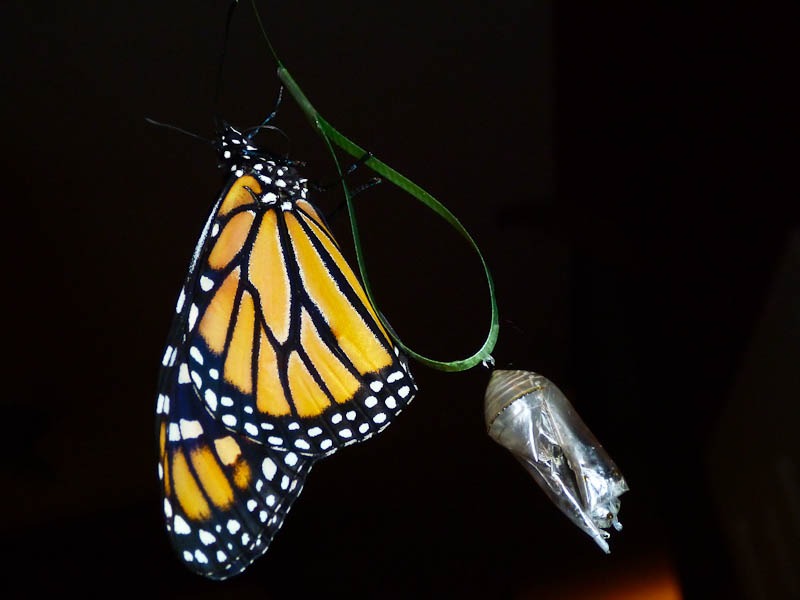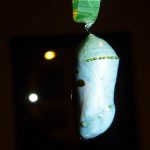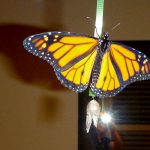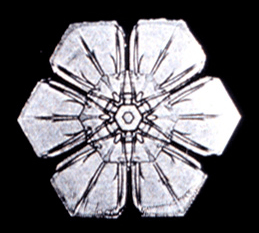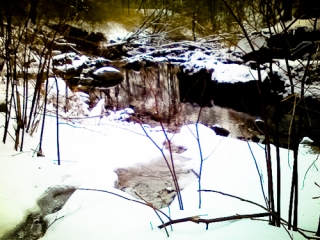I was ever a child of nature, integrally connected with the rhythm of the seasons and with a strong link between external and internal realities.
Nature’s place in my life is as a sweet familiar melody running through my living,
it speaks the language of my soul;
it connects my roots to the beating heart of Mother earth
and it centers me in ‘now’ and ‘am’;
it lifts me out of the mire of day to day concerns;
gifting me moments of deep knowing and insight;
even in my darkest days, it anchors me to wonder and joy,
lighting my way back home to my best self;
it roots me in awareness of the constancy of change, unafraid,
and threads the cycles of dying and rebirth within my being;
it enfolds me in a living silence, rich in mystery,
opens the door to realms of myth and magic;
it inspires me to watch, to note, to listen,
sating my senses;
it draws from me a life-affirming reverence,
a deep resounding ‘yes’!
I’m very excited to be embarking on an exploration into Nature’s Poetry. Even this afternoon’s first foray into the preparatory work for Session 1, beginning to look at my personal connection with nature, has been richly nourishing.
I have, over the last couple of years, felt the pull back to my writing roots, which started with poems before I could even put pen to paper (I was three years old). So this online course speaks both to my deep sense of return and re-connection to nature in living rurally and to rediscovering a mode of expression that faltered as I focused on career and family.
What a delicious luxury it is to be invited down a path along which poetry, both in the reading and the writing, can illuminate one’s inner landscape!
I intend to do my best to follow Mary Oliver‘s instructions for living a life:
Pay attention.
Be astonished.
Tell about it.


